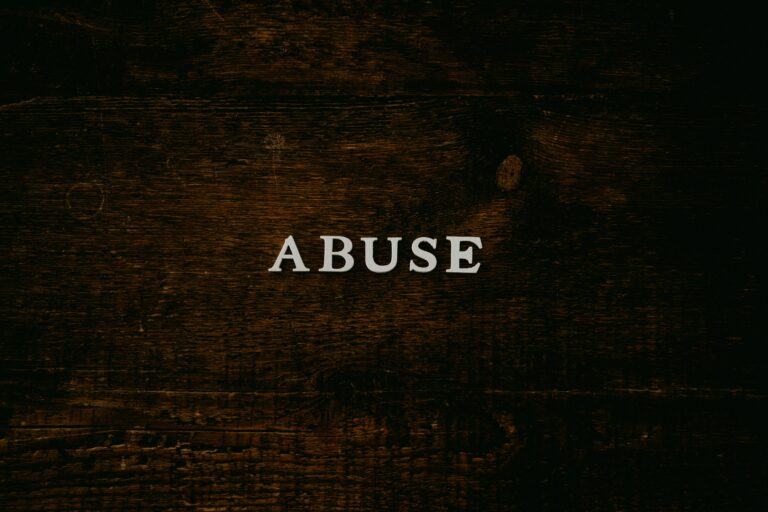The Blame Game: Navigating Fault, Forgiveness, and Human Imperfection
Life often seems to revolve around assigning blame. Men are criticized for not providing enough, while women are faulted for not being good helpers. This perpetual cycle of blame and defensiveness can lead to deep-seated feelings of inadequacy and the urge to escape from those we believe we have disappointed. In this imperfect world, everyone has their faults, and we all struggle with the harsh reality of human imperfection. Yet, amidst this, the Bible offers a message of hope, forgiveness, and understanding.
Understanding Blame and Human Nature
Blame is a powerful force in human relationships. It often arises from our own insecurities and failures. When people blame others, it may be because they are projecting their own shortcomings and feelings of failure. This projection can be a coping mechanism, a way to deflect attention from their own faults by highlighting the faults of others.
Jesus spoke to this human tendency in Matthew 7:3-5 (NIV):
“Why do you look at the speck of sawdust in your brother’s eye and pay no attention to the plank in your own eye? How can you say to your brother, ‘Let me take the speck out of your eye,’ when all the time there is a plank in your own eye? You hypocrite, first take the plank out of your own eye, and then you will see clearly to remove the speck from your brother’s eye.”
This passage reminds us that we often overlook our own faults while being overly critical of others. Instead of finding fault, we should seek self-awareness and humility.
The Role of Forgiveness
In dealing with blame and fault, forgiveness plays a crucial role. It is essential to recognize our part in any conflict and to apologize sincerely. However, it’s equally important to forgive others, even if they are harsh or critical.
Ephesians 4:32 (NIV) instructs us:
“Be kind and compassionate to one another, forgiving each other, just as in Christ God forgave you.”
Forgiveness can be challenging, especially when we feel wronged. Yet, it is through forgiveness that we can find peace and healing. When we forgive, we reflect the grace that God has extended to us.
The Assurance of God’s Love and Forgiveness
The Bible reassures us that, despite our imperfections and failures, God’s love and forgiveness are always available. Romans 8:38-39 (NIV) states:
“For I am convinced that neither death nor life, neither angels nor demons, neither the present nor the future, nor any powers, neither height nor depth, nor anything else in all creation, will be able to separate us from the love of God that is in Christ Jesus our Lord.”
This assurance helps us to navigate the complexities of human relationships with the knowledge that we are loved and forgiven by God, regardless of our faults.
Emulating Jesus in Our Lives
Jesus, during His time on Earth, exemplified compassion and understanding. He was never harsh, always extending love and forgiveness to those around Him. As followers of Christ, we are called to emulate His example.
Colossians 3:13 (NIV) encourages us:
“Bear with each other and forgive one another if any of you has a grievance against someone. Forgive as the Lord forgave you.”
In striving to live like Jesus, we must remember to be patient and kind, even in the face of criticism and blame.
Conclusion
Life is indeed filled with imperfection and fault-finding. However, by understanding the nature of blame, practicing forgiveness, and remembering God’s unwavering love, we can navigate these challenges with grace. Emulating Jesus’ example of compassion and forgiveness can help us foster healthier and more loving relationships. As we look forward to the perfect peace of heaven, let us strive to create a reflection of that peace in our lives here on Earth.







